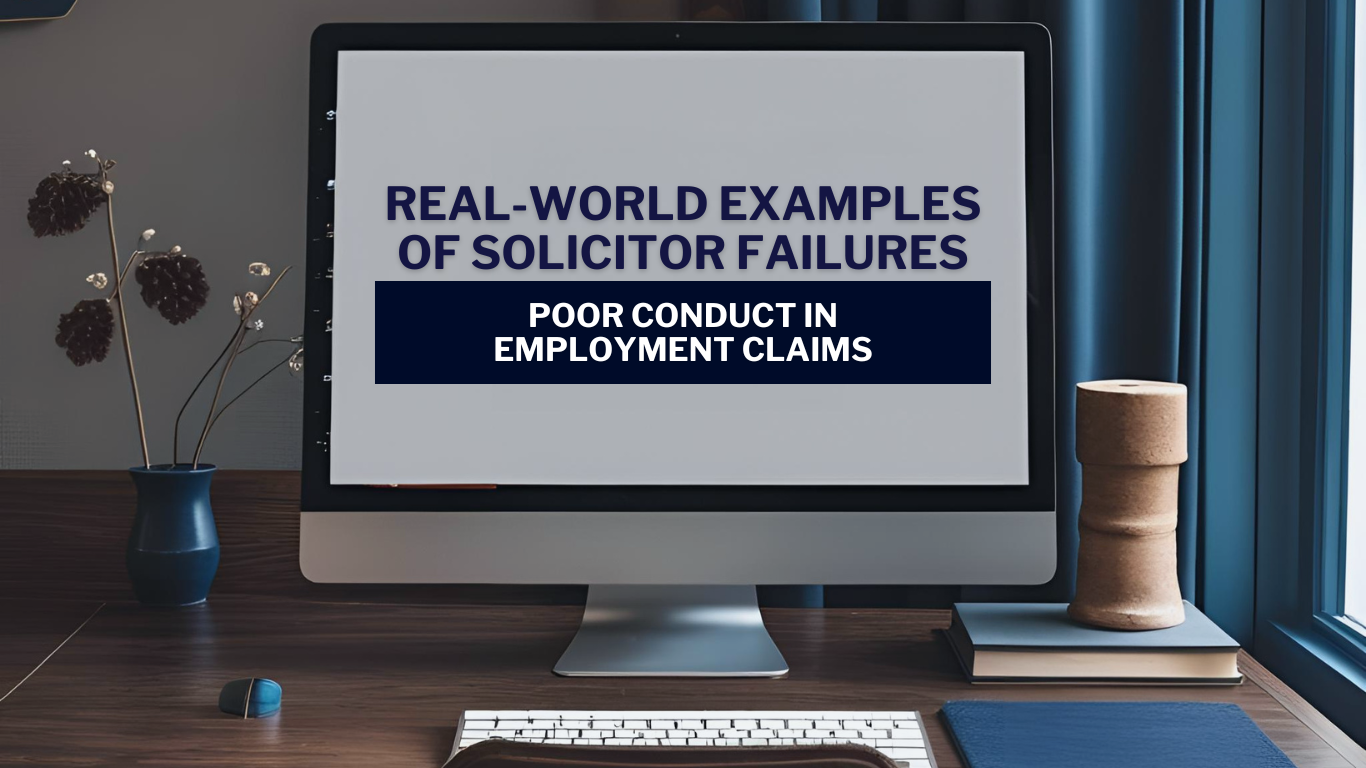By
•
min read


There is no doubt that growing concerns surrounding climate change have impacted the future considerations for corporate sustainability and social impact. In light of BREXIT, and whilst the UK pursues the development of its own sustainability reporting regime, UK businesses remain obliged to comply with EU directives where companies operate within the EU. Though, it is prudent to note that even once the UK’s sustainability corporate regime comes into force, it will likely predominantly mirror EU regulation and so it is therefore on balance preferable that companies are fully prepared to adhere to the full guidelines with immediate effect in anticipation of future developments.
Presently, approximately UK 50,000 companies will be impacted by the changes which are set to be made to Environmental, Social, and Corporate Governance reporting (ESG), thanks to the EU’s Corporate Sustainability Reporting Directive (CRSD). The mandatory reporting will require all large businesses and SMEs which operate within the EU, to disclose numerous metrics and targets, in accordance with the enhanced regulations and increased transparency of ESG.
Large EU companies which satisfy two of the following:
Listed small and medium EU enterprises (SMEs) must satisfy two of the following:
Non EU companies must fulfil one of the following criteria:
Companies which fall within the scope of ESG reporting will be subjected to rigorous review not only regarding the tackling of climate change and ethical responsibility, but also social factors, such as the welfare of employees and business conduct as a whole. Companies are expected to track their performance and implement targets. The issue of climate change and corporate responsibility to tackle it comes with a myriad of issues with regards to sustainability to consider, such as:
Companies such as ZARA, which falls under the Inditex umbrella, have introduced a re-selling platform for consumers to re-sell ZARA products in a bid to create a more circular retail experience. Increased demand for ethical transparency can be evidenced by the click of a button when navigating the products on the retailer’s website, with a specific information tab for the origin of items and the production chain.
Although this is an example of some positive changes which can be prompted by the responsibilities imposed, it is noteworthy that implementation is a time-consuming and costly process. A number of high-street retailers have found themselves embroiled in controversy in the past, with supply chains and working conditions not being thoroughly investigated in advance. Companies which may fare better are those which prioritise the integration of the ESG requirements and expectations into the structure of the business. This includes adhering to due diligence processes across supplier chains, the implementation of short and long-term targets in relation to ESG regulations, engaging in ESG risk management, and reporting in a way that is deemed auditable. Processing and reporting data may prove fairly challenging even for the companies which have already made a great deal of progress in relation to sustainability, and it is likely that success will require investment and phased implementation.
It is crucial to ensure that ESG is addressed, expectations are set and implemented, as the corporate responsibility in relation to sustainability and social responsibility is rapidly shifting with the growing concern of climate change. Companies should evolve to address ESG expectations, taking steps to address where these arise. With consumers growing increasingly aware of the issues which surround the mass production of goods, controversial supply chains which have been widely publicised, and pollution caused by what is now considered irresponsible manufacturing practices, even companies which fall outside the remit of the ESG would be well advised to take account of their business practices moving forward, to create a more sustainable culture. As consumers shift their sights towards shopping more sustainably, companies which struggle to evolve and embrace these changes may risk being left behind.
If you need advice about ESG reporting or any other corporate matter, please contact our specialist team below.
Get in touch